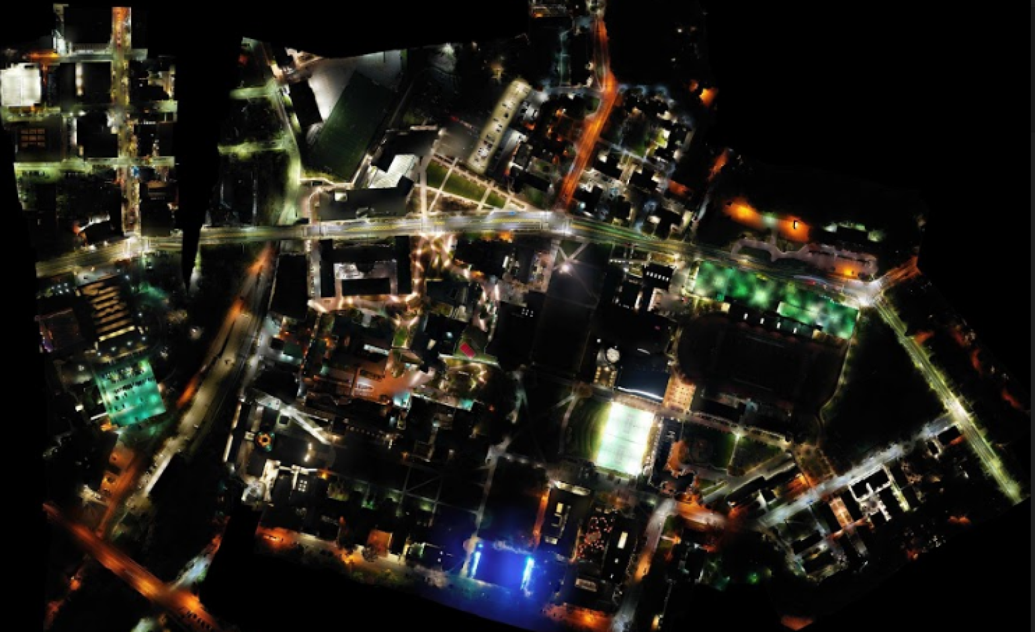October 4, 2021
-The Gazette
Pittsburgh decided it wants more darkness, but the city isn’t turning out the lights — it’s just turning them down.
The City Council voted last month to reduce Pittsburgh’s light pollution and become “dark sky compliant,” based on standards outlined by the International Dark-Sky Association, through the use of more motion-sensor lighting, lower temperature bulbs, and light shielding around town.
The city will progressively replace bulbs outside its facilities, parks, and playgrounds, as well those outside any privately operated businesses on city land, such as the zoo and the aquarium. It will also change the bulbs of Pittsburgh’s roughly 35,000 streetlights, a process expected to take one to two years to complete.
“What they want to do is lead by example. So show people this is how you do it, and there’s nothing to be afraid of. We’re not trying to darken the entire city,” said Diane Turnshek, who has been consulting the city on the project. “We’re just making it safe and intentionally lighting where we want to light, where we need lighting, and making sure the lights are shielded so they don’t go up.”
Turnshek, who is special faculty in Carnegie Mellon University’s physics department, has been working on light pollution mitigation for a decade. Her background is in astronomy, so she has a clear personal interest in better seeing the stars.
The case for less light is layered, though. It will save the city millions in electricity costs, but it’s also better for health and safety, Turnshek said.
“The blue bounces around in your eyes more. It just is disorienting,” she said. “So it’s bad for pedestrians and drivers when there’s just too much light going on.”
“You don’t need to be painting pictures for what you are doing, walking, and driving around,” Turnshek said. “You have headlights.”
Turnshek also said dark sky takes a much more “thoughtful” approach to lighting.
“We’re not trying to make it so that everything is dark all the time. But when you’re done, turn the lights off,” she said. “A lot of people use [home] security lights, but they’re really not security lights. They just light up their yard because they’re afraid. Whereas if they use motion sensors, they would be so much better off. Then they would know when someone was out there.”
Getting there will just take time, but it’s not due to pushback from the public. Employing bright lighting is just how things have always been, Turnshek said.
“Nobody has ever said, ‘I like my like pollution. You can’t steal that away from me,'” she said. “Lighting has always meant celebration and progress and wealth. It’s just built into our culture.”
The city expects contracts for the new bulbs and other materials to be signed and for the first new lights to go up by the end of the year.




